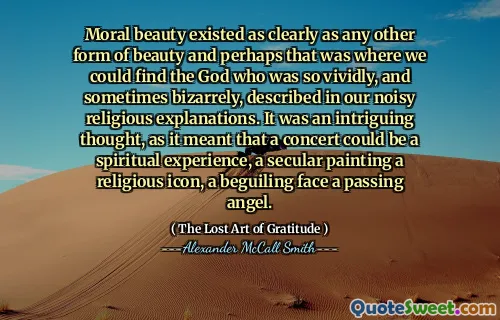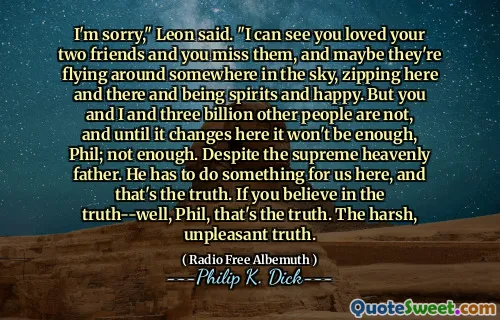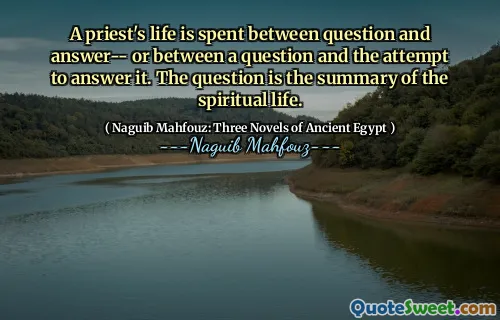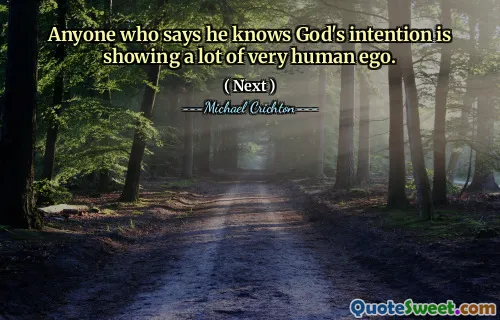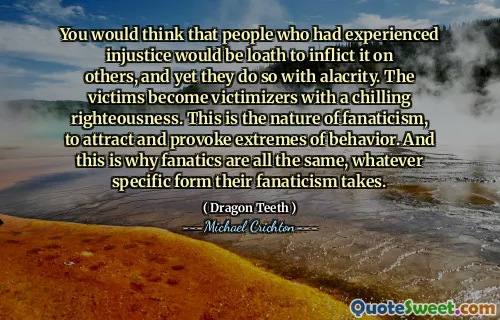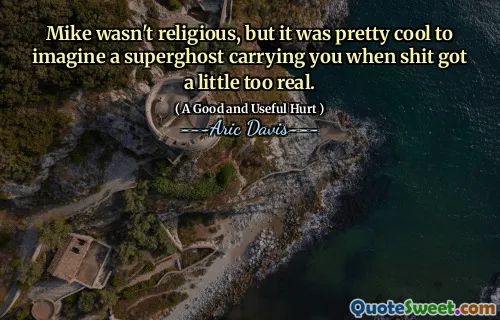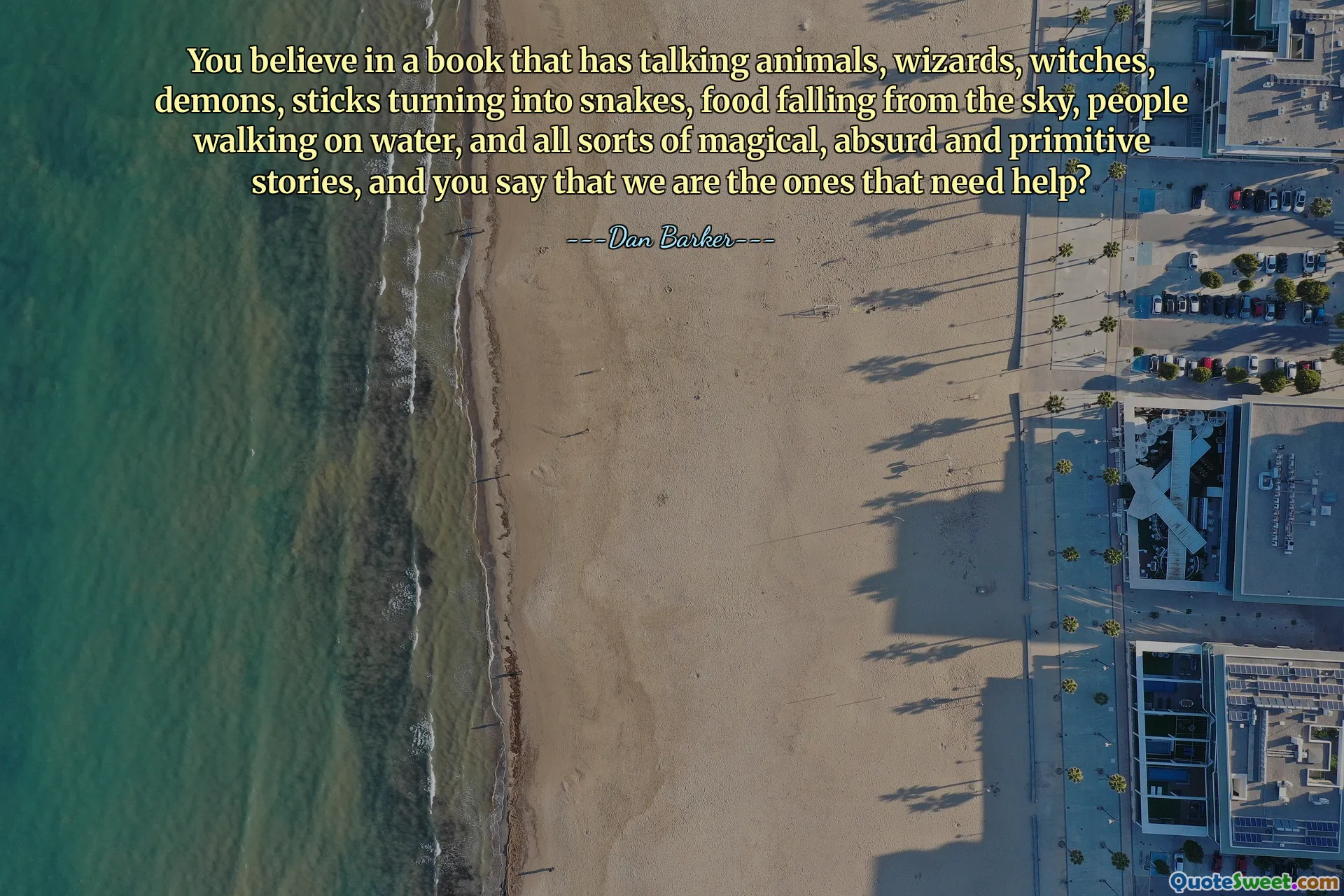
You believe in a book that has talking animals, wizards, witches, demons, sticks turning into snakes, food falling from the sky, people walking on water, and all sorts of magical, absurd and primitive stories, and you say that we are the ones that need help?
This quote challenges the reader to examine the nature of belief, especially in relation to religious narratives and myths. It juxtaposes fantastical stories—such as talking animals, magic, and miracles—with the skepticism or criticisms directed toward non-believers or skeptics. The speaker points out that many religious texts and traditions contain stories once considered extraordinary or impossible, yet they are accepted as truth by their followers. From a rational perspective, these stories appear mythical or fantastical, similar to fairy tales; however, they are often held as sacred and factual within certain belief systems.
The rhetorical tone emphasizes a dilemma: if the stories in religious scriptures are accepted despite their absurdity, then questioning such stories equivalently should not be dismissed as irrational. By framing these stories as primitive or absurd, the quote suggests that skepticism toward religion might be hypocritical or inconsistent. It also invites reflection on the nature of faith versus empirical evidence. The argument hints that religious narratives, regardless of their content, have historically been passed down with a sense of wonder and belief similar to medieval tales of magic and miracles.
Moreover, the quote implicitly challenges the notion of credulity and rational inquiry, prompting one to think about the basis for belief. Are stories that defy natural laws inherently more 'absurd' than the miraculous within religious texts? Or does faith serve a different purpose—offering meaning, community, and hope—despite their fantastical nature?
In this context, it encourages a reconsideration of the criteria we use to judge stories or beliefs — whether scientific, religious, or mythological — and questions whether dismissing religious texts as primitive dismisses the complex ways humans have sought understanding and solace through storytelling. The essence lies in provoking self-awareness about the limits of skepticism and the cultural role of myth and belief systems.






